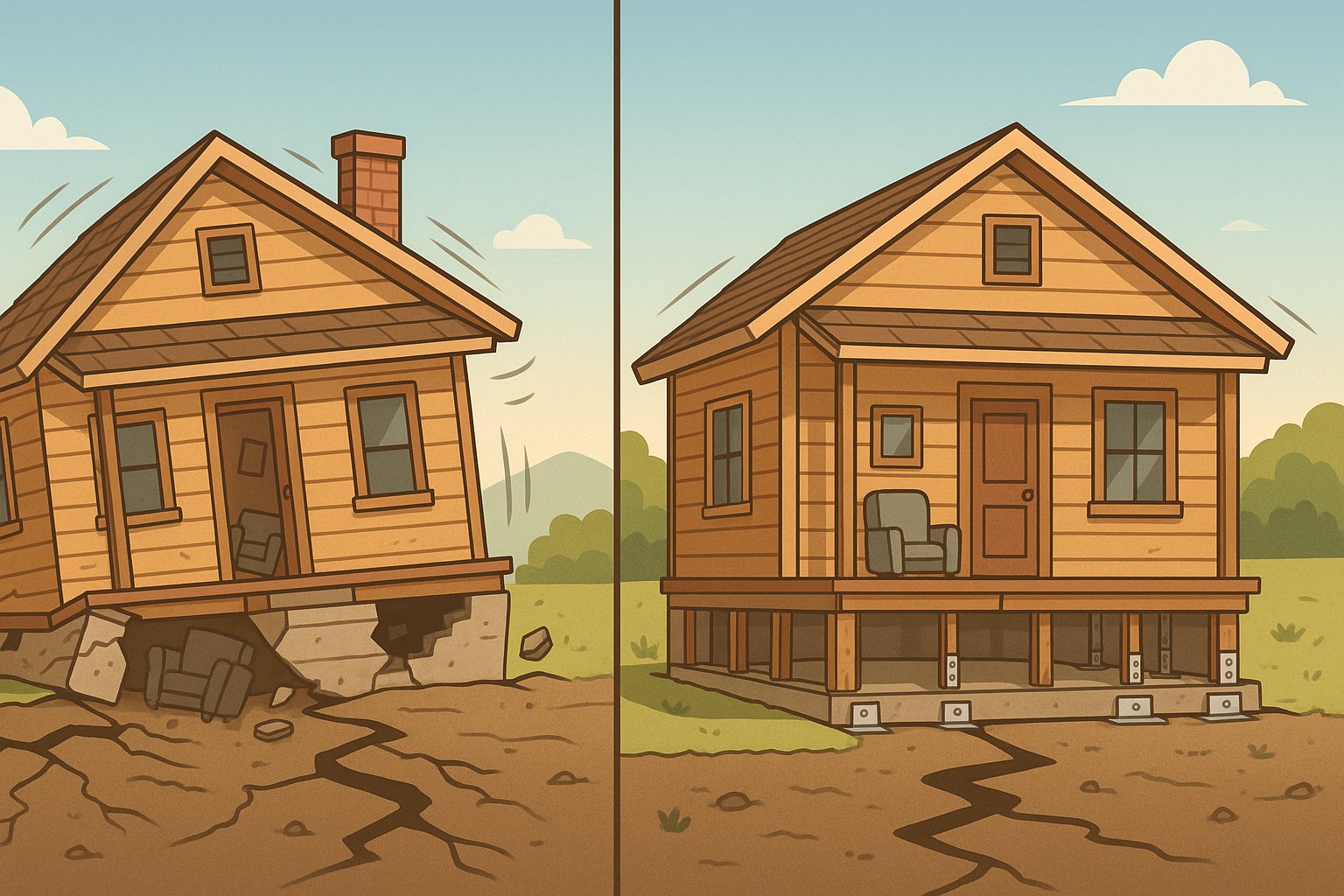Why California Landlords Should Oppose SB 436: A Risky Shift That Undermines Lease Enforcement and Housing Stability
California Senate Bill 436 poses significant concerns for rental housing providers, and many in the industry are urging a “No” vote. The bill proposes to extend the current three-day notice for nonpayment of rent to 14 days, drastically lengthening the eviction timeline. This change delays legal recourse for landlords, increases costs, and adds uncertainty to an already complex process. By allowing tenants to pay rent late—up to two full weeks after it is due and even after legal proceedings have started—SB 436 erodes the enforceability of leases and undermines the financial discipline that underpins successful property management.
One of the most troubling aspects of SB 436 is that it encourages strategic abuse by tenants. A tenant could repeatedly wait until the end of the extended grace period to pay, effectively creating a “rinse-and-repeat” cycle that delays rent enforcement indefinitely. This undermines the landlord’s ability to operate predictably and responsibly, especially when rent is used to cover mortgage payments, taxes, insurance, and property upkeep. In many cases, housing providers—especially small, “mom-and-pop” owners—simply can’t afford the drawn-out legal process and financial burden imposed by SB 436.
By reducing the certainty and timeliness of rent collection, SB 436 discourages continued investment in California’s rental housing market. With existing pressures from rent control, high property taxes, and strict regulatory hurdles, adding yet another disincentive could push providers to exit the market or convert units to other uses. This would ultimately shrink housing supply and worsen California’s affordability crisis. Rather than imposing policies that enable chronic late payment without consequence, lawmakers should focus on targeted rental assistance for tenants who genuinely need help and on preserving housing availability for everyone.
In short, SB 436 shifts critical financial risk away from tenants and places it squarely on housing providers—at a time when the state should be working to encourage, not punish, those who provide rental housing. Rental housing providers should strongly oppose this bill.
Support the AAGLA Issues PAC and Help Us to Fight Back on YOUR Behalf
California’s rental housing providers are constantly under attack. Each year, dozens of harmful housing regulations are proposed in Sacramento, and locally, we face constant attempts to lower annual rent “caps,” the expansion of tenant protections, new fees and taxes, and with all that, increased risk.
Rent control battles are already brewing in local jurisdictions throughout Southern California. Potential new rent control battlegrounds include cities like Ventura, Burbank and Glendale, but unfortunately, it will not stop there. We can win these battles with your support, both by helping us with your advocacy (emails, phone calls and letters, etc.) and through the contributions you make to the AAGLA Issues PAC.
Please contribute today. Don’t delay! Mail in your contribution today using the enclosed envelope.
📨 Make your check payable to Issues PAC of AAGLA, c/o Reed & Davidson, LLP, 515 South Figueroa Street, Suite 1110, Los Angeles, California 90071-3301; Attn. Cary Davidson, Treasurer,
🖥️ Or contribute online: Support AAGLA Issues PAC.
The Issues PAC of the Apartment Association of Greater Los Angeles (“AAGLA Issues PAC”) was established to advocate for and on behalf of the rights of all rental housing providers by opposing harmful policies and ballot measures targeting the multifamily rental housing industry and advocating for and supporting policies and ballot measures favorable to multifamily rental housing providers.
Contributions to AAGLA Issues PAC are not tax-deductible.









